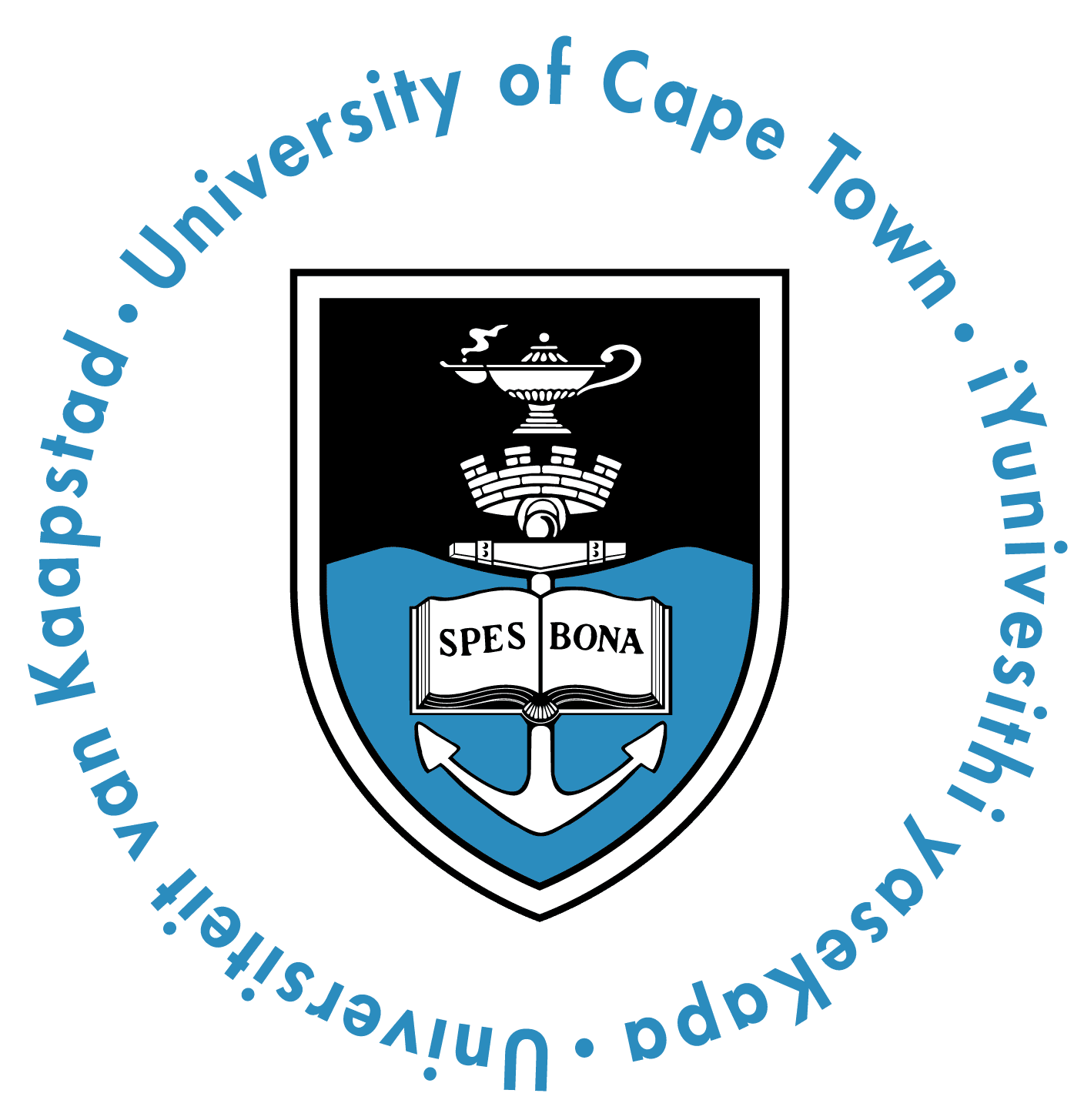Year 1 MBA Courses
COMM 603: Business & Corporate Strategy (3 Credits)
The goal of this module is to introduce students to the strategy formulation process and to the pursuit of competitive advantage in the single market or industry context. The second section of this course builds on the strategic planning concepts introduced in the Business Strategy module. At the corporate level, firms ranging from small to large in size operate in multiple markets and/or industries. The purpose of this module is to analyze how various corporate strategy approaches can create a whole that is greater than the sum of the parts.
ECON 608: Managerial Economics (3 Credits)
This course examines the economic basis of managerial decision-making. The focus is on demand analysis, production and costs, and price determination in different market structures. Other topics covered include pricing strategies, decision-making under risk, and the economic rationale for business regulation. Case studies and events reported in the business press inform the course.
COMM 610: Accounting (3 Credits)
Using financial information for decisions and control is an important skill for managers. This course explores selected topics within the realms of financial and management accounting using a combination of lectures and case studies. More specifically, the financial accounting segment focuses on the structure and interpretation of financial accounts prepared primarily for external users. Management accounting focuses on the internal users and includes such topics as budgeting, cost-volume-profit analysis, activity-based costing, planning and control, the balanced scorecard, relevant costs and variable costing versus full-absorption costing.
COMM 620: Corporate Finance (3 Credits)
This course establishes the theory and practice foundations of financial management. The central concerns of the financial manager, namely capital budgeting, capital structure, working capital management and financial planning are studied extensively using quantitative and qualitative inquiry. These concerns of the financial manager are applicable not only to corporate settings but more broadly to not-for-profit and governmental organizations.
COMM 632: Organizational Behaviour (3 Credits)
The ability to successfully manage people is a critical skill for managers who want to create and manage high performing organizations. This course focuses on helping students develop people management skills and the knowledge and skills needed to transform the organization. There is an emphasis on leadership as it relates to motivating people, building effective teams and interpersonal relations, managing change, creating learning organizations and developing the organization.
COMM 640: Marketing (3 Credits)
This course focuses on developing and executing effective marketing strategies and plans. Students develop an understanding of major marketing concepts and their application. These include developing a customer-focus organization, identifying marketing opportunities, forecasting demand, product/service development, buyer behaviour, market segmentation, targeting, pricing, communication and distribution.
COMM 650: Operations Management (3 Credits)
This course helps students to understand the nature of problems and to find solutions in manufacturing and service type operations conducted in profit and non-profit type organizations. It includes the application of quantitative tools and techniques of analysis for taking managerial decisions about operations. It covers topics such as; productivity and its measurement in organizations, operations strategy, decision making, forecasting, product and service design, design of operation systems, management of quality, production planning and control of operations, project management, e-commerce, lean and just-in-time systems. The use of case studies, projects, and class presentations are emphasized to promote interaction among individuals and teams.
COMM 652: Business Analytics (3 Credits)
This course provides students with the opportunity to learn about the basics of business analytics. Specifically, how to extract information from large amounts of data to perform business functions and make business decisions. This will include techniques for data sourcing, data cleaning, qualitative and quantitative analysis and data visualization. These techniques will also be applied to specific business areas, such as marketing, accounting and finance
COMM 690: Canada's Asia-Pacific Gateway (3 Credits)
This intensive seminar course explores political, economic and managerial issues that are particularly important in northern and rural areas. Guest speakers, individual and group research complements course readings and lecture content.
Year 2 MBA Courses
COMM 701: Strategy Implementation (3 Credits)
This course is designed to advance students' understanding of how to turn strategic thinking into decisions, actions and the attainment of strategic objectives. Strategic plans often fail to achieve their potential due to implementation problems. The goal of this course is to assist students to integrate learning and experience in order to avoid these pitfalls. This integrative course assumes a working familiarity with all major functional areas, as well as a foundation in strategic analysis and strategy formulation.
COMM 703: International Business (3 Credits)
The goal of this course is to provide a framework for analyzing and managing key international business issues. Students gain an understanding of the role played by the international manager in balancing responsiveness to local conditions against the challenges of planning and integrating global operations.
COMM 737: Leadership (3 Credits)
This course helps professionals to shape and develop their promotional and other oriented leadership practices, such as leader humility, servant leadership, and authentic leadership with emotional and cultural intelligence. In addition, this course also addresses e-leadership and its trust influences on follower’s performance. The course seeks to link an understanding of what we know to be strategic skills of other-oriented leadership with the practical demands of current economies.
COMM 735: Law, Governance and Ethics (3 Credits)
Managers require a fundamental understanding of the network of legal and ethical responsibilities that connect stakeholders with organizations. The philosophy and principles of law, corporate governance and ethics are discussed, with class investigation of case examples used to study selected topics within each field of study.
COMM 736: Human Resource Management and Industrial Relations (3 Credits)
This course has a dual emphasis on human resources management and industrial relations. In the area of human resources management, students learn how to develop human resource strategies, and how to manage compensation, performance evaluation and diversity. In the industrial relations area, students learn about the Canadian industrial relations system, the legal environment and collective bargaining with an emphasis on the negotiation process.
COMM 751: Project Management (3 Credits)
The course content includes project life cycle, project planning, budgeting, resource loading, resource leveling and planning, cost estimation and crashing, It also includes project evaluation, auditing, communication, and termination; and includes the use of basic statistical tools and project management related software for project management related exercises and for practical case studies.
COMM 755: Management of Technology (3 Credits)
This course helps students to understand the nature of technology and innovations, effect of technology on businesses and business processes, development of new products and services for businesses by making use of innovations and technology. It includes topics such as; diffusion of products and process innovations in industry, business and technology, new product development and its introduction in the market, management of technological change process in organizations, management of research and development, technology forecasting, technology transfer, technology strategy and planning for growth and sustainable development. Case studies, seminars, class presentations are emphasized to promote interaction among participants.
COMM 799: MBA Project (6 Credits)
The capstone of the MBA program, the MBA project demonstrates the student's ability to undertake practical business research with limited guidance from a member of faculty. Students normally complete their research during the second year of the program.
Show less











